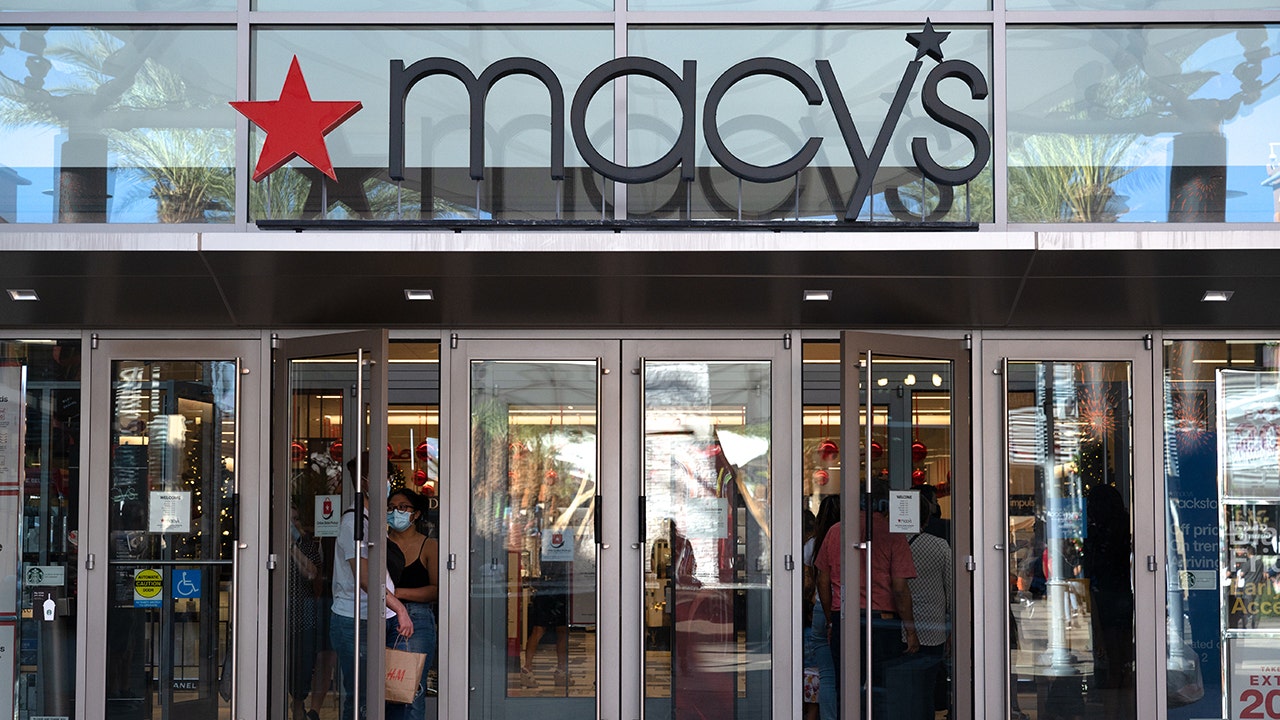Finance
Investor group launches $5.8 billion buyout bid for Macy’s

An investor group has made a $5.8 billion offer to buy Macy’s in a bid to take the famed department-store chain private after stiff competition from online rivals took a big bite out of its value.
Arkhouse Management, a real-estate focused investing firm, and Brigade Capital Management, a global asset manager, on Dec. 1 submitted a proposal to acquire the Macy’s stock they don’t already own for $21 a share, people familiar with the matter said.
That represented a roughly 32% premium to where shares closed the day before. They have risen this month and closed Friday at $17.39. That is still a far cry from where Macy’s stock traded in 2015—as high as $70 a share—before competition from nimbler digital retailers took a toll on the business and that of other erstwhile industry stalwarts.
The group already has a big position in Macy’s through Arkhouse-managed funds. It has discussed the proposal with Macy’s, whose board subsequently met to discuss the offer. It isn’t clear how the retailer views the proposal.
MACY’S OPENING UP TO 30 SMALL-FORMAT STORES
The investor group, which believes Macy’s is undervalued in the public markets, has indicated that it would be willing to raise its offer subject to due diligence. An investment bank has provided a letter supporting the group’s ability to raise the necessary financing to get a deal across the finish line.
| Ticker | Security | Last | Change | Change % |
|---|---|---|---|---|
| M | MACY’S INC. | 17.39 | +0.41 | +2.39% |
Macy’s operates nearly 500 department stores under its namesake banner. It also owns Bloomingdale’s, a higher-end department-store chain with more than 30 locations, and a number of discount and smaller-format shops under the two banners.
In 2015, Macy’s acquired beauty and skin-care chain Bluemercury, which has nearly 160 shops today.
Macy’s generated about $1.2 billion of profit on $24.4 billion in revenue in the last fiscal year. That was a slight decrease from the $1.4 billion of profit on $24.5 billion in revenue in 2021. In 2014, it booked more than $28 billion in sales.
MAJOR RETAILERS USE AI TO SLASH NUMBER OF CLOTHING RETURNS WHEN SHOPPING ONLINE

Its cultural significance outweighs its diminished size, owing to the annual Macy’s Thanksgiving Day Parade and extravagant window displays at its stores in New York City around the holiday season.
Macy’s, the culmination of decades spent gobbling up smaller department-store chains across the U.S., has been a takeover target before. Canada’s Hudson’s Bay Co. approached the company about a deal in 2017, to no avail. More recently, in 2021, Macy’s studied splitting its e-commerce operations from its stores, but ultimately opted against such a move.
Macy’s has also been the target of shareholder activists, with a particular eye on the company’s real estate. Starboard Value built a stake in 2015 and pushed the company to spin off its real-estate assets, including its famous Herald Square location in New York City. Jana Partners was also in Macy’s stock in 2021, when it pushed for the e-commerce separation.
MACY’S AIMING TO ADD NEARLY 40,000 WORKERS IN SEASONAL ROLES

The company has been undergoing a turnaround effort spearheaded by Chief Executive Jeff Gennette, who is set to retire next year and be succeeded by Tony Spring, head of Bloomingdale’s. The effort has entailed closing hundreds of underperforming locations, opening smaller-format shops, launching new in-house brands and modernizing the company’s supply chain.
The department-store sector has experienced waves of consolidation and bankruptcy in recent years. In 2020 alone, JCPenney, Neiman Marcus and Lord & Taylor all filed for bankruptcy, to later emerge as smaller or digital-only players. More recently, Saks—owned by Hudson’s Bay—has been trying to scoop up Neiman Marcus.
Arkhouse is an investment firm that typically focuses on the real-estate industry. In 2021, it was part of a consortium that made an unsolicited bid for Columbia Property Trust, which put the office real-estate investment trust in play. A different investor group ultimately agreed to buy Columbia Property Trust for $2.2 billion.
Arkhouse’s only other public position was in Preferred Apartment Communities, which was sold to Blackstone in a $5.8 billion deal last year.
Brigade Capital Management, which focuses on the consumer and retail industries, has about $25 billion of assets under management. Some of its investments have included JCPenney, Sears and Neiman Marcus.
Read the full article here


















